Recommendation
Stephen J. Hoch and Howard C. Kunreuther present a series of articles about making decisions written by professors at the Wharton School of Business at the University of Pennsylvania. The articles describe how decisions are made using an ideal scenario, and then offer practical suggestions on how to make better business decisions. The book is designed to help top executives and managers use the latest methods of analysis and reasoning in decision making. Some may find this approach overly academic - in that many of the research findings are based on social laboratory experiments, statistical analysis and modeling - but if you’ve been making decisions based on guts, glory and a coin toss, the latest scholarship does offer some stronger strategies. getAbstract found several in this solid book that will be of great help to managers dealing with employees, executives formulating strategy and finance or compliance officers weighing corporate risks.
Summary
About the Authors
Stephen J. Hoch is a professor of marketing at the Wharton School, University of Pennsylvania. He previously taught at the University of Chicago Howard C. Kunreuther is a professor of decision sciences and public policy and management, as well as co-director of the Risk Management and Decision Process Center at the Wharton School. Robert E. Gunther was the coordinating writer for Wharton on Dynamic Competitive Strategy and Wharton on Managing Emerging Technologies.










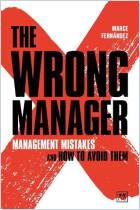
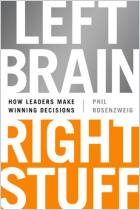
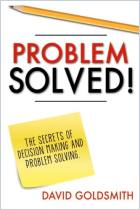
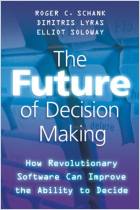
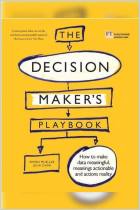
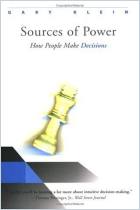







Comment on this summary or 开始讨论